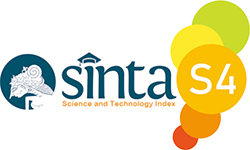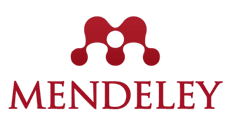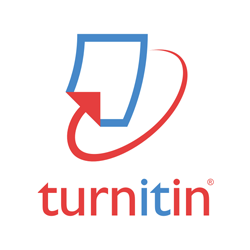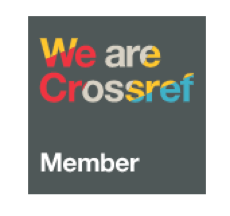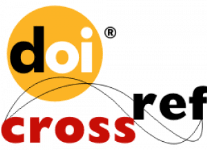MODAL KOMUNITAS DAN PEMBANGUNAN DESA: MENGGALI PARTISIPASI MASYARAKAT DALAM PROGRAM PENGELOLAAN SAMPAH MPOK DAMIRA
DOI:
https://doi.org/10.37606/publik.v12i1.1667Keywords:
Community Participation, Waste Management, Mpok DamiraAbstract
This study analyzed community participation in the Mpok Damira waste management program. The research method used is descriptive with a qualitative approach. Data will be collected from direct interviews, observation, and documentation. The informants in this study are Mpok Damira administrators, the Mpok Damira Program Manager (IDFoS), the Ngumpakdalem Village Head, and program beneficiaries. Researchers used Cohen and Uphoff's participation theory, which refers to participation in decision-making, implementation, benefit-taking, and evaluation. The results stated that in decision-making, the community was involved in the Mpok Damira formation meeting and participated in expressing opinions. For the implementation indicator, the community contributed labor and funds to support the program. Meanwhile, in the benefit-making indicator, the program provides many benefits for the community, such as additional income, improved social relations, cleanliness and tidiness of the environment, and increased community knowledge and skills. In terms of evaluation, community involvement is still minimal. The obstacles experienced in the waste management program are the low awareness of the community about sorting waste and the officers' delay in picking up household waste. Mpok Damira has community capital, such as social, human, physical, and financial capital, to increase community participation.



